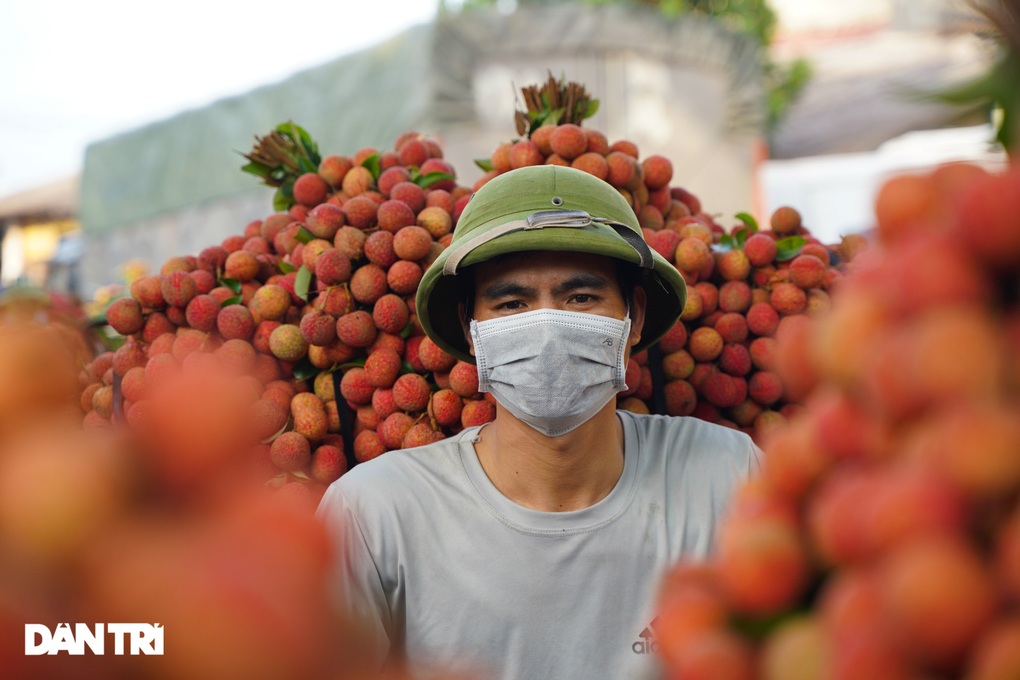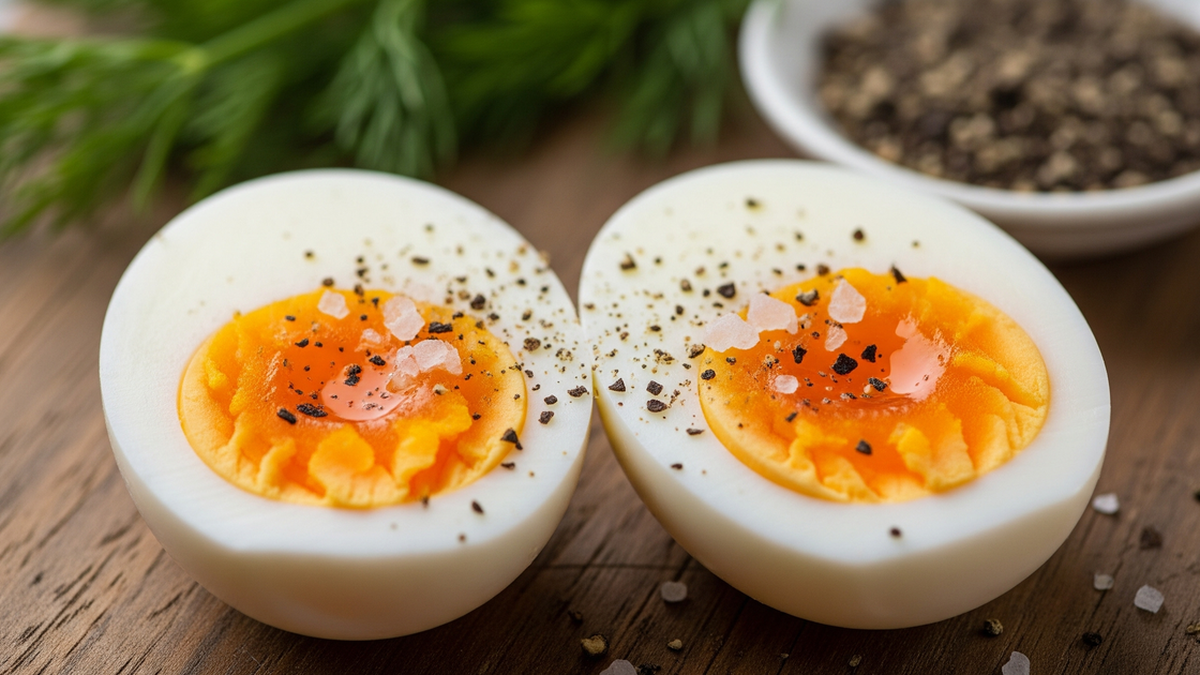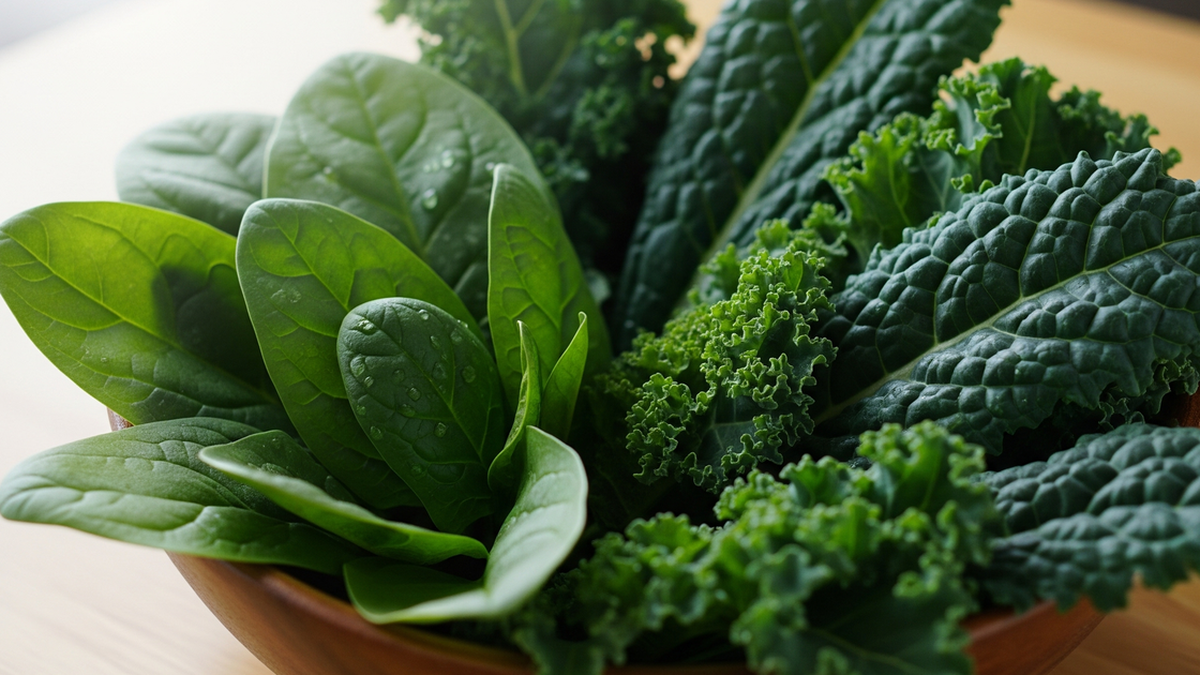Experts warn that although lychee contains many nutrients, for some groups of people, eating too much can be harmful to health, even worsening existing medical conditions.
People with diabetes
According to information from the United States Department of Agriculture (USDA), 100g of lychee pulp contains about 15.2g of sugar, equivalent to 3 teaspoons of sugar. This is quite a high amount, which can cause blood sugar to increase rapidly if eaten in large amounts, which is dangerous for diabetics.

Lychee is in season (Photo: Manh Quan).
People with autoimmune diseases
Vitamin C and antioxidants found in lychees help boost immunity, but can trigger an overactive immune response in people with autoimmune diseases such as lupus, rheumatoid arthritis or multiple sclerosis.
According to the Lupus Foundation of America, the diet of people with autoimmune diseases should limit foods that are inflammatory or immune-activating — including sugary tropical fruits.
Overweight, obese people
Although lychees contain pectin fiber which is beneficial for digestion, their high sugar content can increase visceral fat and water retention in the body.
The World Health Organization (WHO) recommends that the total amount of free sugar in a day should not exceed 10% of total energy consumption - equivalent to about 50g of sugar per day for adults. Eating a lot of lychee, especially in the evening, can easily lead to weight loss and affect blood sugar levels.
People with allergies and sensitive skin
Some people may experience allergic reactions such as itching, rash, nausea, diarrhea, and even difficulty breathing after eating lychee. This is due to a sensitive body reacting to the high sugar content or natural allergens in lychee.
People allergic to tropical fruits should be closely monitored and have their skin checked if unusual symptoms appear after eating.
People with chickenpox
Lychee is hot and can easily cause heat in the body. For people with chickenpox, eating a lot of lychee can cause secondary infections, blisters, mouth ulcers and skin damage to become worse.
This is also a recommendation from the American Academy of Dermatology, which states that during viral illnesses, hot and sugary fruits should be avoided.
Pregnant women
Pregnant women are at high risk of gestational diabetes. Eating too much lychee will cause blood sugar to rise rapidly, increasing the risk of infection, difficult labor or postpartum hemorrhage. Pregnant women should limit foods high in sugar, especially sweet fruits such as lychee and longan.
Eat lychee properly for good health
According to nutritionists, lychee is a nutritious fruit, good for people with constipation, anemia or wanting to increase resistance if eaten properly.
On average, each adult should only eat about 10 fruits/time, no more than 2-3 times per week. You should eat lychee after main meals to reduce rapid sugar absorption, avoid eating when hungry, and should not eat immediately after strenuous exercise or being in the sun.
It is best to eat lychee in the morning or at noon, avoiding eating it in the evening so as not to affect sleep. In addition, people with a history of allergies or chronic diseases should consult a doctor before adding lychee to their daily diet.
Lychee can be eaten fresh, made into smoothies, or combined with other fruits to enhance flavor and nutritional value.
Those who want to use lychee in oriental medicine should consult an expert to ensure safety and effectiveness.
Source: https://dantri.com.vn/suc-khoe/6-nhom-nguoi-nen-han-che-an-vai-20250614065758545.htm






















![[Photo] Prime Minister Pham Minh Chinh attends a special art program called "Hanoi - From the historic autumn of 1945"](https://vphoto.vietnam.vn/thumb/1200x675/vietnam/resource/IMAGE/2025/8/15/c1c42655275c40d1be461fee0fd132f3)

![[Photo] Prime Minister Pham Minh Chinh talks on the phone with Cambodian Prime Minister Hun Manet](https://vphoto.vietnam.vn/thumb/1200x675/vietnam/resource/IMAGE/2025/8/15/72d3838db8154bafabdadc0a5165677f)
![[Photo] Firmly marching under the military flag: Ready for the big festival](https://vphoto.vietnam.vn/thumb/1200x675/vietnam/resource/IMAGE/2025/8/15/86df2fb3199343e0b16b178d53f841ec)
![[Photo] Binh Khanh Bridge Ho Chi Minh City is ready to reach the finish line](https://vphoto.vietnam.vn/thumb/1200x675/vietnam/resource/IMAGE/2025/8/14/b0dcfb8ba9374bd9bc29f26e6814cee2)


![[Photo] The special solidarity relationship between Vietnam and Cuba](https://vphoto.vietnam.vn/thumb/1200x675/vietnam/resource/IMAGE/2025/8/15/5f06c789ab1647c384ccb78b222ad18e)


































![[Photo] President Luong Cuong receives Finnish Ambassador to Vietnam Keijo Norvanto](https://vphoto.vietnam.vn/thumb/402x226/vietnam/resource/IMAGE/2025/8/15/9787f940853c45d39e9d26b6d6827710)



































Comment (0)